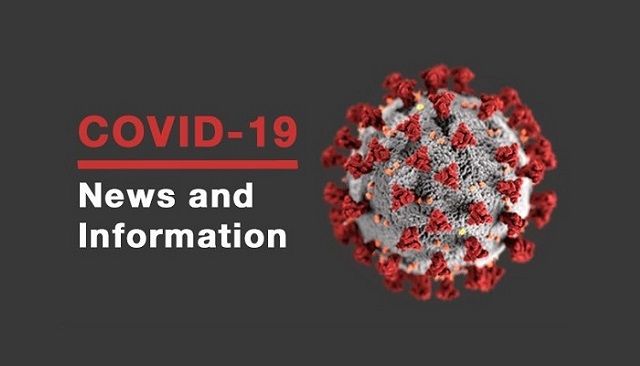Mothers’ work, family roles and self-reported health in peri-urban Ghana and Ethiopia
population health
31
Issue: 1
(12 - 2017)
We test the associations between peri-urban mothers’ paid work and reported health in Asawase,
Ghana and Sebeta, Ethiopia using data from the Family Health and Wealth Study. The analytic sample is
608 and 667 mothers in Asawase and Sebeta respectively, aged |5 to 49. Dependent measures are self-
rated health (SRH), self-reported health problems (SRHP), and chronic disease (CD) status.
Independent variables include work/remuneration status. Bivariate and multivariate analyses are
presented. Our results showed that in Asawase and Sebeta respectively, 88.3% and 80.1% of mothers
had no CD; 88.3% and 91.9% reported very good/good health; 73.4% and 55.5% had no health
problems. Ethiopian mothers remunerated for their work other than by cash alone reported better
health, on all three outcomes compared with their non-working counterparts [CD-AOR
(95%CI): | .98(1.18-3.33); SRH: 3.49(1.39-8.80); SRHP: |.40(1.04-1 .88)]. Findings from Ghana were not
as clear. Investigation of women’s multiple family roles is warranted to understand pathways to better
health.
Keywords: self-rated health; self-reported health problems; chronic disease; mother’s work; family
roles
0


